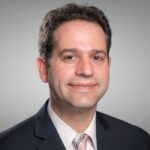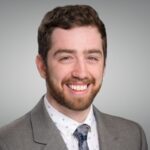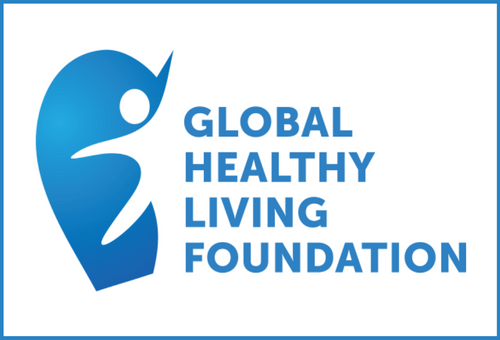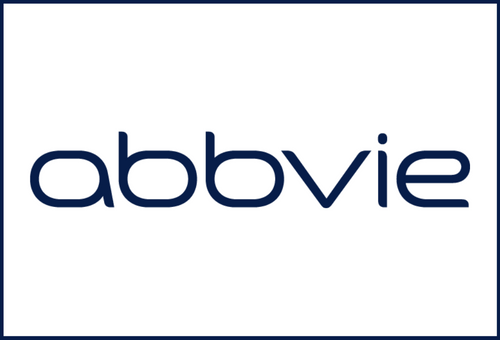Effective, Affordable & Accessible Migraine Preventive Medications
You are currently watching a preview of this interview. Unlock the full version by upgrading to an Access Pass bundle! Get FREE access to 8 expert interviews from Day 1 and Day 2 when you register today!
Key Questions
- What obstacles do patients encounter in the U.S. when seeking effective migraine care, especially from specialists?
- How can a patient request a referral to a headache specialist if their symptoms aren’t improving?
- How can American patients who cannot access a headache specialist work with their primary care provider to manage migraine?
- How can a patient convey the impact of migraine on their daily life to help their doctor understand the need for specialized care?
- What types of medications and other treatments are available in the U.S. for preventing migraine attacks and headaches?
- How do different classes of preventive migraine medications compare in terms of cost and effectiveness?
- What over-the-counter medicines can help prevent or treat migraine attacks?
- Are generic medications as effective as brand-name medications for migraine?
- Why is it important to prevent and not just treat migraine attacks and headaches when possible?
- Are there ways to reduce the costs of consultations and treatments for migraine and headache disorders?
- What can patients do if they cannot afford the treatments prescribed by their doctor?
- How can U.S. patients help improve access to and quality of care for those who experience migraine and headache disorders?
Interview Notes
Treatments Mentioned
-
-
- Acetaminophen/Paracetamol
- Amitriptyline
- Angiotensin II receptor blockers (ARBs)
- Atogepant (Qulipta)
- Beta-blockers
- Candesartan
- CGRP small-molecule receptor antagonists (gepants)
- CGRP monoclonal antibodies (mAbs)
- Cefaly
- Coenzyme Q10 (CoQ10)
- Eptinezumab (Vyepti)
- Erenumab (Aimovig)
- Feverfew
- Fremanezumab (Ajovy)
- Galcanezumab (Emgality)
- Ibuprofen (Advil)
- Lasmiditan (Reyvow)
- Lisinopril
- Magnesium
- Nerivio
- Neuromodulation devices
- OnabotulinumtoxinA (Botox)
- Propranolol
- Riboflavin (vitamin B2)
- Rimegepant (Nurtec ODT)
- Transcutaneous electrical nerve stimulation (TENS) device
- Topiramate
- Tricyclic antidepressants
- Triptans
- Ubrogepant (Ubrelvy)
-
Please note: The Migraine World Summit’s aim is to bring you a variety of perspectives and expertise, independent of bias or judgment. Alternative theories presented in this video have not been medically reviewed. Views expressed in this interview do not necessarily represent the views of the Migraine World Summit. Please always consult your health care professional and do your own research before making changes to your treatment plan.
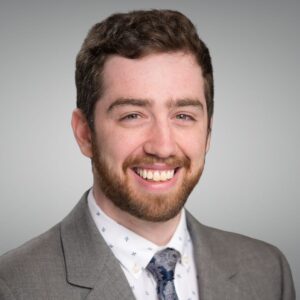
Fred Cohen, MD
Assistant Professor of Medicine and Neurology
Mount Sinai Headache and Facial Pain Center, Icahn School of Medicine
Dr. Fred Cohen is an assistant professor of medicine and neurology at the Icahn School of Medicine at Mount Sinai-New York City. Dr. Cohen received his medical degree from Stony Brook University School of Medicine. He completed a residency in internal medicine at the Montefiore Medical Center, Albert Einstein College of Medicine, followed by a fellowship in headache medicine at the Jefferson Headache Center, Thomas Jefferson University Hospital.
Dr. Cohen is one of the few headache specialists in the country trained in both internal medicine and headache medicine. His research has been published in several medical journals, including Headache, Cephalalgia, Pain Medicine, and Neurotherapeutics, and he serves on the editorial board for Headache: The Journal of Head and Face Pain.
Interviews from Fred Cohen, MD
Neuromodulation Devices: Proven Drug-Free Treatment for Migraine
Is Migraine a Progressive Disease?
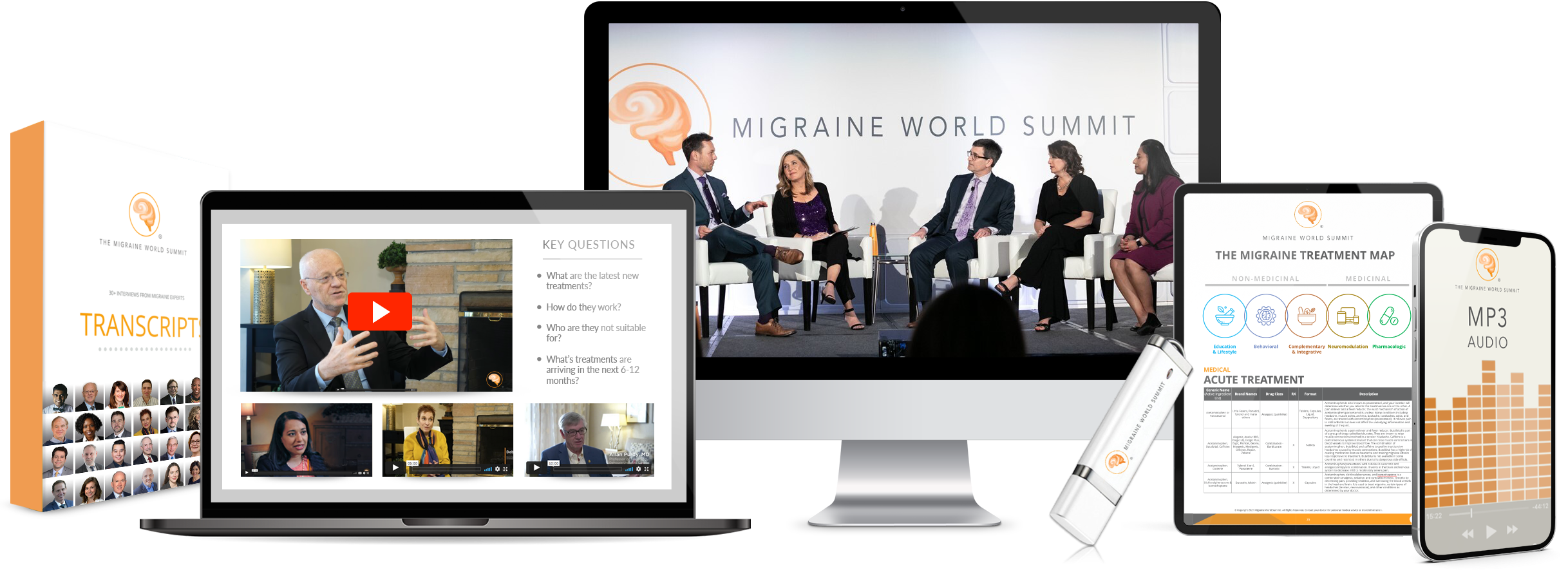
Get all the 2025 interviews, videos, audio, transcripts, and more. Why upgrade?
- Can’t attend live? Watch anytime
- Prefer reading or listening? Get transcripts and audio
- Want to dive deeper? Explore the additional footage & resources
- Need ongoing support? Reference expert advice year-round
- Lifetime access to 2025, no annual fee
Related Talks for: Day 6 (2025)
When One Treatment Isn’t Enough: Layering Therapies in Migraine Management
Matthew Robbins, MD
Fact or Fiction? The Truth About Popular At-Home Migraine Remedies
Thomas Berk, MD, FAHS
Hormones & Migraine: Debunking the Myths of HRT
Anne MacGregor, MD
The Global Healthy Living Foundation is a 501(c)(3) nonprofit organization whose mission is to improve the quality of life for people with chronic illnesses (such as arthritis, osteoporosis, migraine, psoriasis, asthma, alopecia, inflammatory bowel disease, and cardiovascular disease) by advocating for improved access to health care at the community, state, and federal levels, and amplifying education and awareness efforts within its social media framework.
At AbbVie, we are committed to empowering people living with migraine disease. We advance science that enables health care providers to care for people impacted across the spectrum of migraine. Through education and partnerships with the migraine community, we strive to help those with migraine navigate barriers to care, access effective treatments and reduce the impact of migraine on their lives. To learn more, visit AbbVie.com.

Looking for a topic not covered this year? Explore our Interview Library with 300+ expert talks. Search by keywords or synonyms for the best results. Get lifetime access to past interviews today!

